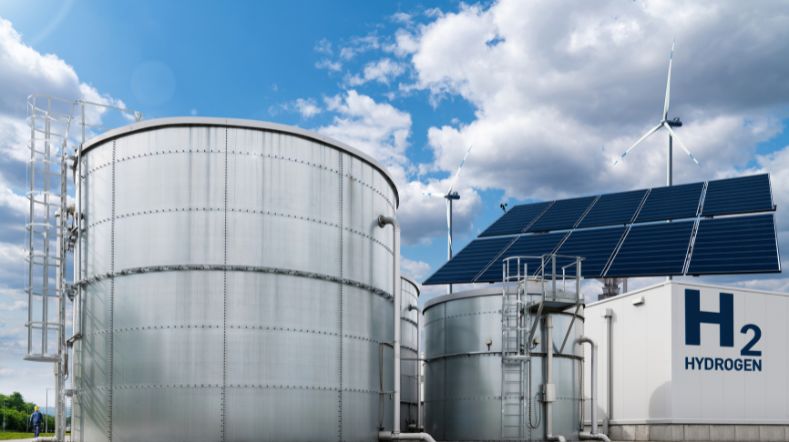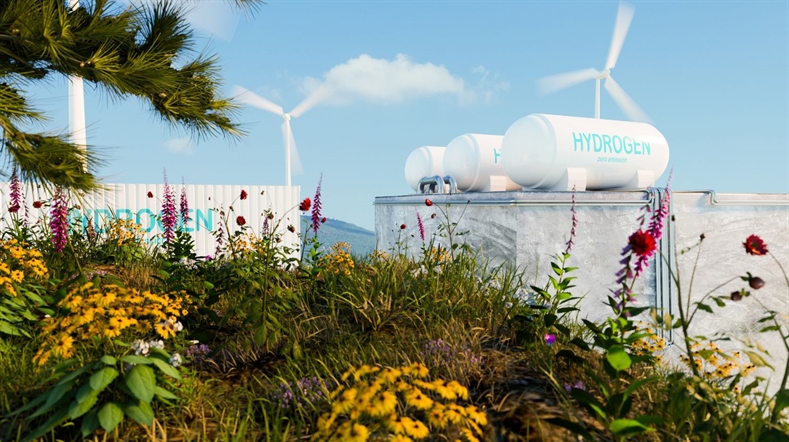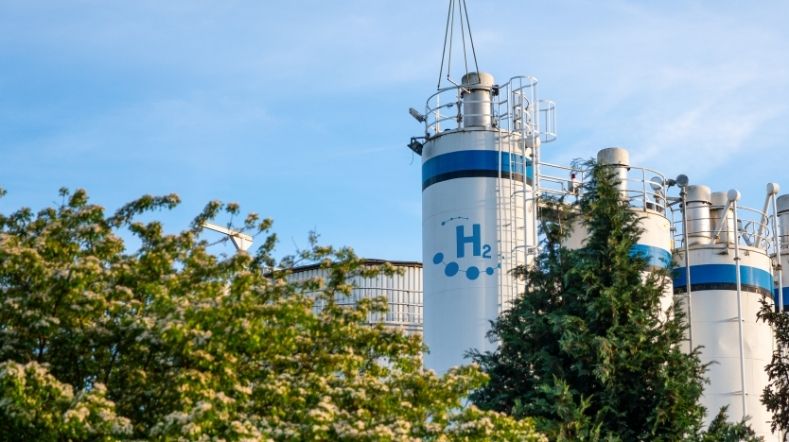
Research TNO and HCSS: Europe under pressure from Chinese advance in wind and electrolysis technology
China occupies an increasingly dominant market position in offshore wind technology and electrolysis for green hydrogen production. To reduce strategic dependencies, Europe can take action. The geopolitical consequences could be far-reaching and have a direct impact on the pace and cost of our energy transition. This is according to a study published today by TNO and HCSS.
Want to know more about the results?
Strong position China wind and electrolysis
The analysis reveals that China has a near monopoly on the production of permanent magnets, an essential component of wind turbines. The country has developed strongly in offshore wind technology in recent years and is expected to cement its position on the global stage in the coming years.
The electrolysis market has also been developing rapidly in China. The Chinese have focused entirely on alkaline electrolysers, while Europe is strong in PEM and alkaline technology.
Finding balance in collaboration with China
China’s market is closed to foreign competitors, even if it expects access to other countries’ markets. This makes other countries dependent on China. Still, the report stresses the need for responsible collaboration with China where possible, while at the same time avoiding unwanted strategic dependencies.
It is important for China to become dependent on Europe in certain parts of global value chains. The question that arises is whether Europe will opt for cheaper Chinese electrolysers or invest in more expensive, proprietary alternatives for long-term security.
In making this choice, Europe should consider the risk of dependence on these Chinese products, as global circumstances could see a sudden deterioration in economic relations.
TNO and HCSS argue that governments would do well to make these kinds of trade-offs at both national and European levels. The business community is also faced with the decision whether to opt for cheap Chinese products in the short term or more expensive, longer-term investments that offer more security.
Restrictive measures from the EU
To continue to enforce a level playing field and boost its own industry, the EU can take restrictive measures. Tightening standards on safety, quality, working conditions, and environmental standards is an option, according to the researchers.
Until China opens its market, Europe should also consider excluding Chinese companies from major European tenders. This will give European companies priority for critical infrastructure projects related to wind power and electrolysis. This will promote collaboration within and outside the EU, and ensure the availability of sufficient alternatives to Chinese wind power and electrolysers.
China Knowledge Network
The study, which was conducted at the request of the China Knowledge Network (CKN) of the Clingendael Institute/Leiden Asia Centre, with support from the Ministry of Economic Affairs and Climate Policy and the Ministry of Foreign Affairs, includes an analysis of China’s current and future role in wind power and electrolysis supply chains. It combines HCSS’ geopolitical analyses with TNO’s technological and market expertise in energy and materials.
Get inspired
World Hydrogen Summit 2025
Hydrogen in the energy system: The future of sustainable energy in the Netherlands and Europe


NORCE and TNO are entering into a strategic partnership on hydrogen developments


Dutch consortium participates in EU research project on large-scale hydrogen storage in depleted gas fields


Underground hydrogen storage





